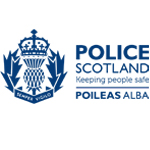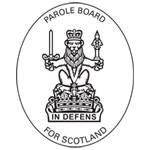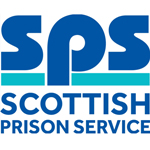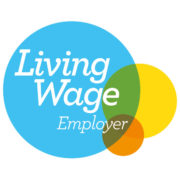Going to court as a victim of domestic abuse – 16 Days of Action
Giving evidence in a domestic abuse trial can be daunting. Victim Support Scotland is here to support you ahead of a trial where you will need to give evidence, while at court and after the trial has concluded.
Victims of domestic abuse, as well as some other groups of witnesses, are deemed ‘vulnerable witnesses’. They are granted specific support called special measures when they give their evidence if they wish to use them.
There are two types of special measures – ‘standard measures’ that are applied automatically to vulnerable witnesses and ‘additional measures’ that you will need to request. As a victim of domestic abuse, you will be granted standard measures automatically.
What measures are offered to a vulnerable witness?
The standard special measures people affected by domestic abuse in court can have automatic access to are:
- Remote web link, whereby the witness can give live evidence at a secure location outwith the courtroom
- Screen that obscures the witness from the accused.
- Supporter to sit by the witness while they give their evidence
If you would like to find out more about our support and special measures that may be available to you when giving evidence in court, please contact the Victim Support Scotland Helpline on 0800 160 1985.
You can also contact the Victim Information and Advice (VIA)service who are part of the Crown Office and Procurator Fiscal Service (COPFS) at their Enquiry Point through telephone – 0300 020 3000 – or on email – enquirypoint@copfs.gov.uk. More information can also be found on the COPFS website.
Court familiarisation visits:
Victim Support Scotland can organise a court familiarisation visit which gives you the opportunity to visit the court in advance of the trial date. Seeing the court before a trial can help to reduce victims’ and witnesses’ feelings of anxiety and stress about coming to give evidence.
During the visit you will have the opportunity to look around the court building (including a waiting room and an empty court room). We will explain what to expect on the day of the trial and the sequence of events. We will go through the court’s expectations of you as a witness and offer reassurance about anything that may be troubling you, such as your personal safety.
We can also discuss any special measures (such as screens or in-court supporters) that may be available to ensure you feel comfortable and protected.
If you wish to arrange a visit, please contact Victim Support Scotland on 0800 160 1985 and ask for the court-based service at the court that you will be attending.
After a trial:
Once you have given evidence or the trial has ended, there may be a variety of feelings and emotions that you might experience, such as relief, upset, anxiety or anger.
For victims of a crime, a ‘not guilty’ or ‘not proven’ verdict can be hard to come to terms with. Whatever the verdict, you might also find that you go over things that happened in the incident or trial in your mind. You might also find yourself spending time wondering what happens next – in or out of court.
If you’re experiencing any feelings or emotions like those described above or if you just don’t know what to think, then don’t worry. The way you are reacting is normal, especially after something as important (and possibly upsetting) as a court case.
Victim Support Scotland can support you after a trial to inform you of your rights and empower you to move forward with your life.
First and foremost, we will listen to you and allow you the time to talk about your experiences. You will provide you with a trained supporter who has experience dealing with such cases and who can offer nonjudgmental support. We can provide practical help and information to guide your next steps.
Our service is independent, free and confidential so we will not discuss personal details with anyone else without permission.











